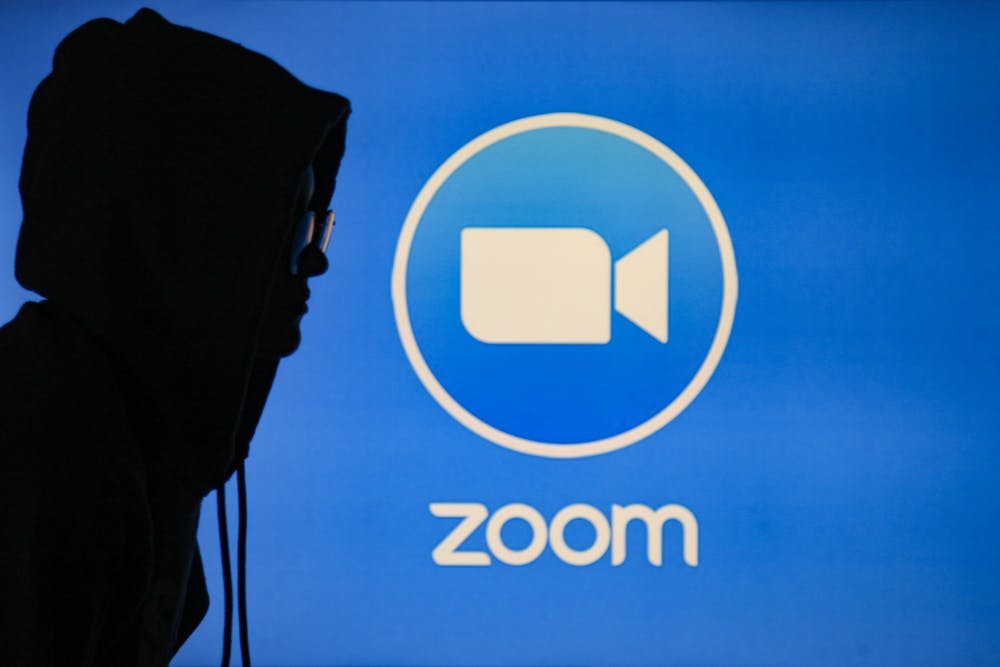With the new remote learning system, students and families in local school districts have faced the challenges of connecting with teachers and peers virtually.
On the first day of school, an additional challenge emerged: cybersecurity and digital safety for students in a world where everything is virtual.
Cedar Ridge High School experienced a Zoombombing incident on Aug. 17. In an email sent to parents, principal Carlos Ramirez wrote that “highly inappropriate language and images were shared but quickly removed by the teachers” on the first day of school.
NCEdCloud, the district's remote learning system, was down that day, said Melany Stowe, a spokesperson for Orange County Schools. As a result, she said teachers had to adapt to the change and send Zoom links directly to students, who were then able to share those links with people outside of the class.
During the Cedar Ridge Zoombombing, the disruptors yelled obscenities and the N-word and posted inappropriate images to a shared discussion board before the teacher removed those users from the call, Ramirez said. School administrators have not been able to find the perpetrators of the incident, he said.
Zoombombing incidents are not a new phenomenon, but efforts to disrupt virtual gatherings have grown during the past several months.
During the spring, schools and workplaces began to move online due to stay-at-home orders in the midst of the pandemic. Zoom began to see dramatic growth in its number of users — from December to March, the total daily participants increased from 10 million to over 200 million.
This dramatic growth had an unforeseen consequence — an emergence of Zoombombings across schools, workplaces and other communities that have moved their operations online. The incidents have even prompted a response from the FBI, which has received reports of Zoombombings using pornography, hate images and threatening language.
Zoombombing incidents have had a serious impact on people of color, many of whom had presentations and courses disrupted with racist words and phrases causing personal harm, said Amelia Vance, director of youth and education privacy at the Future of Privacy Forum. Depending on individuals’ background and personal experiences, she said, emotional trauma may be a continued effect of Zoombombing.




